In the previous issue of the Cẹ ke truyện chữ nghĩa column, we pointed out four compound words that were mistakenly recognized as reduplicative by the Vietnamese Reduplicative Dictionary: nao nao, ano mot, cúc cuc, and cựy. In this article, we continue to analyze the independent meanings of the four words: am am, dam dia, dan du, and day tonga (the part in quotation marks after the entry number is the original text of the Vietnamese Reduplicative Dictionary - Institute of Linguistics - editor-in-chief Hoang Van Hanh; the line breaks are our discussion):
1 - “WARMTH. Has the effect of creating a feeling of warmth due to harmony, love and mutual protection. The atmosphere of the meeting is happy and warm. The family scene is warm”.
Warm is a compound word [similar meaning], in which: warm (or deep) means having a gentle, rich, and settled feeling (like: Wine is kept for a long time so it is very smooth/deep; She is very calm); warm means: having a gentle, pleasant feeling (like: I feel my heart warm again):
- In all the dictionaries we have in hand, only the Vietnamese dictionary (Le Van Duc) records dam with the meaning “Quiet, not stirring, not urging” and its figurative meaning is “gentle, harmonious”. Dam here corresponds to the meaning of gentle in the context of Wine kept for a long time so it is very smooth to drink..., which we cited above. On the other hand, dam or dam with this meaning is also dam/dam in the word dam tham/dam tham. The Vietnamese dictionary (the book cited), the entry “dam tham” explains as “Gentle, quiet, not flirtatious” and gives the example “Girls must be dam-tham”.
- The Vietnamese Dictionary (Hoang Phe, editor-in-chief) explains the word "warm" as "having the effect of causing a feeling of comfort and ease. Her heart is now warm again, her dead love has been revived by someone. (Nguyen Binh) ~ The lyrics are not strange, but her voice is very warm, as if lulling people into a dream. (Vo Huy Tam)".
Thus, "dầm âm" is a compound word, not a reduplicative word.
2 - “The tears and sweat were so much that they flowed continuously. The tears were so profuse. The sweat poured out profusely like a bath. “If I carelessly leaned to the other side, Whose eyes would the drops of sorrow flow?” (Nguyen Duy)”.
Dam dia is a Sino-Vietnamese compound word [contemporary]: dam comes from the word dam 潭 meaning deep pond; dia comes from the word tri 池 meaning pond.
In Chinese, there is no word for pond (潭池), but there is the word for pond (池潭), which the Great Chinese Dictionary explains as deep pond (指深水池 - meaning deep water pond).
In Vietnamese, "dam" and "dia" originally refer to a low, deep place in the middle of a field, where during a drought, water and fish gather in abundance (like "Now drain the dam, tomorrow drain the pond, the day after the death anniversary"; "The face is gloomy, the pond does not dry up" - Proverb). Dai Nam Quoc Am Tu Vi (Huynh Tinh Paulus Cua) explains "dam dia" as "ponds, where fish live". Later, "dam", "dia" or "dam dia" were understood in a broader, figurative sense as being soaked, a lot, too much (like "Uot dam wet dia"; "Nô dam debt dia"; "Back drenched in sweat").
Thus, in the compound word "dam dia", both "dam" and "dia" are independent words in function, having an independent relationship, not a relationship of reduplication.
Reference: the word "dam" comes from the word "dam" 潭, which means deep pond. We can also see the phonetic relationship AM ↔ SAM in other cases such as "ham" 含↔ "am"; "dia" comes from the word "chi" 池, which means pond. The phonetic relationship TR ↔ Đ, such as "tri" 置↔de"; I ↔ IA, such as "thi" 匙↔thia.
3 - “STUPID tt. Appearing slow and incompetent in understanding and behavior. “The girls in the village also said he was stupid, no girl would even dream of him” (Vu Thi Thuong).
"Dần dụ" is a compound word [similar in meaning], in which: "đần" means foolish, not wise (like that guy is very stupid; dull; standing there dumbly); "đụ" means having a foolish appearance, slow, not quick-witted (like a stupid person; His face looks very stupid).
All the dictionaries we have in hand only record and explain “du” or “dụ” as a swear word. However, the Nghe Dictionary collects and explains “dù” as “Khu kho - du do (repetition)”.
Thanh Hoa people also use "du" to mean slow and not agile, for example: Staying at home too long makes you sluggish.
It should also be added here that the Nghe Dictionary collects “dù” as a word, but considers “dùđa” to be a reduplicative word. In fact, “dùđa” is also a compound word: “dù” = slow; “đờ” = dumbfounded, stunned (like sluggish; dull; sitting dumbly). The Le Van Duc Dictionary shows us the independent meaning of “đờ”: “đờ • bt. C/g. Dumbfounded, dumbfounded, not, moving, not knowing how to eat or speak: Being exposed, dumbfounded”.
So, at least in terms of dialect, "dần dụ" is not a reduplicative word.
4 - “TORMENT. Like torture. “People like him, endure so many poisons, torture and hardship but never get sick” (Nam Cao).
Dau/Duong doa, is just one word with two ways of writing. Dau/Duong doa is a compound word [contemporary meaning], in which: dau means to suffer humiliation (like I am lucky to be alive/My mother died early, so God exiled me to write poetry - Nguyen Binh).
Falling also means having to endure humiliation; exile, suffering (like Living in misery, dying in misery; Having been born to play / Then heaven sends one to a place where one must work - Kieu):
- Vietnamese Dictionary (Hoang Phe, editor-in-chief) “doa • đg. [id] [heaven] makes one have to endure a miserable life, according to the old concept: “Or what was one's previous life like?/Heaven punishes one by causing one to be a monster.” (CC)”.
So all 4 words: warm, drenched, stupid, and tormented, that we analyzed above are all compound words, not reduplicative words.
Hoang Trinh Son (Contributor)
Source: https://baothanhhoa.vn/ve-mot-so-tu-lay-dam-am-dam-dia-dan-du-day-doa-236095.htm






![[Photo] Binh Trieu 1 Bridge has been completed, raised by 1.1m, and will open to traffic at the end of November.](https://vphoto.vietnam.vn/thumb/1200x675/vietnam/resource/IMAGE/2025/10/2/a6549e2a3b5848a1ba76a1ded6141fae)




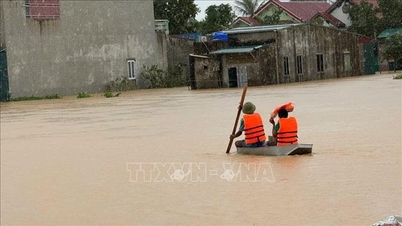


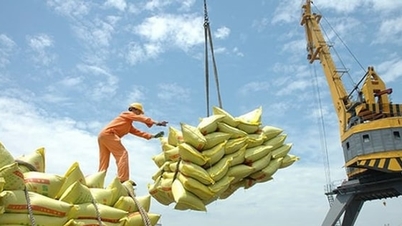




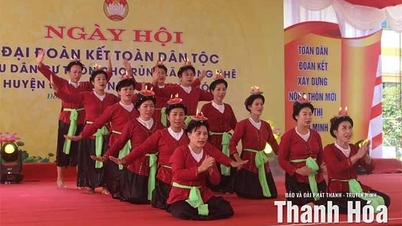

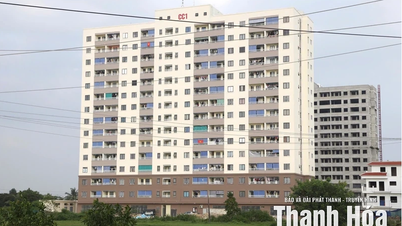










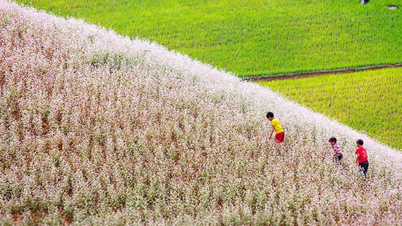





















































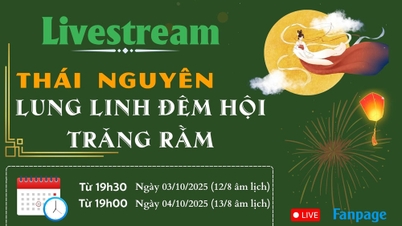

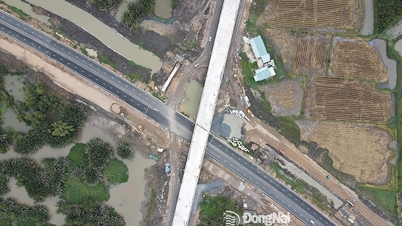



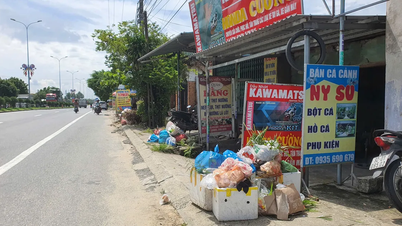














Comment (0)